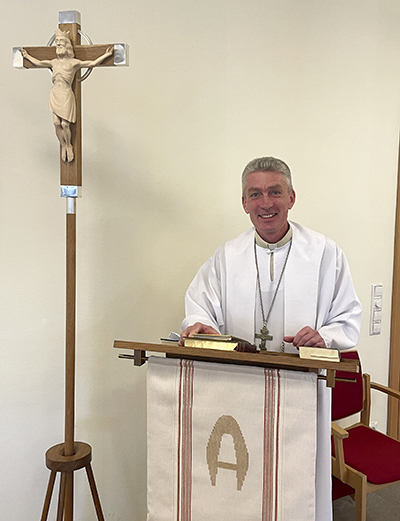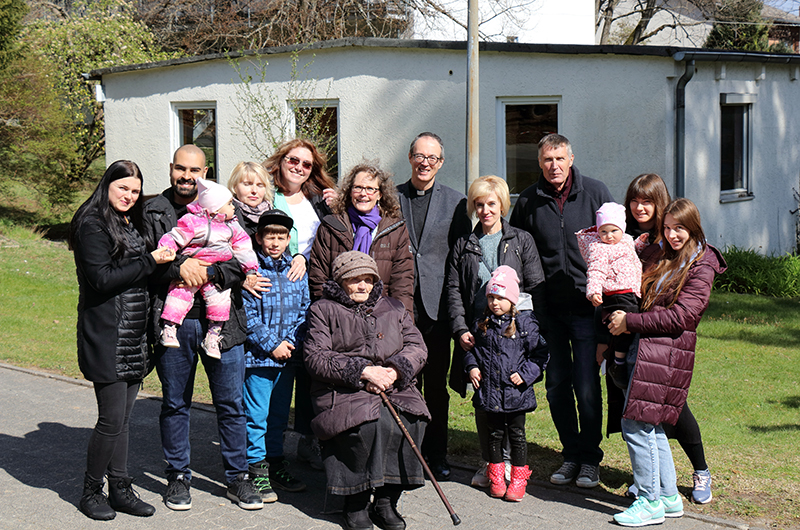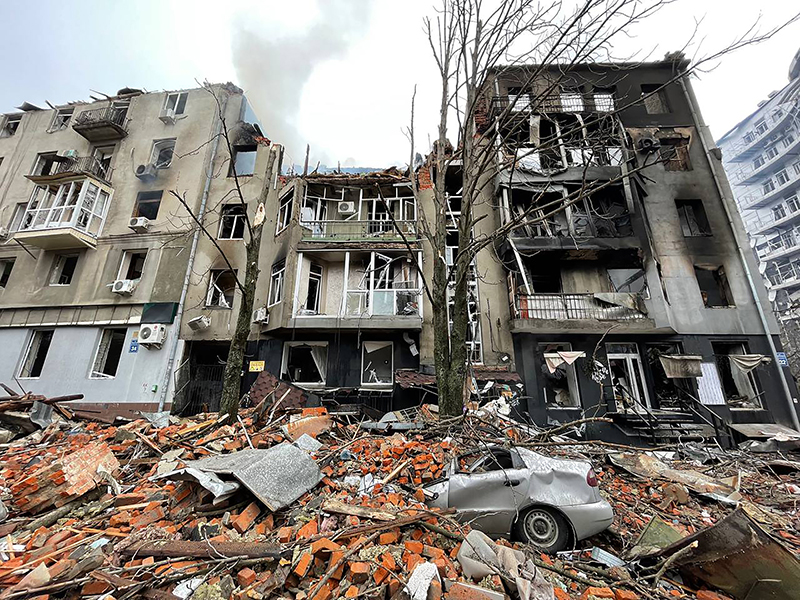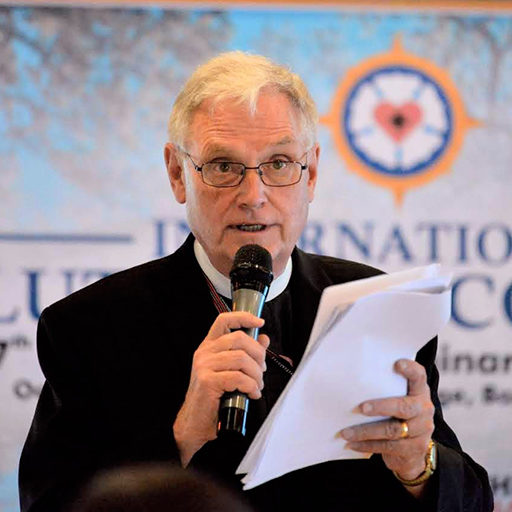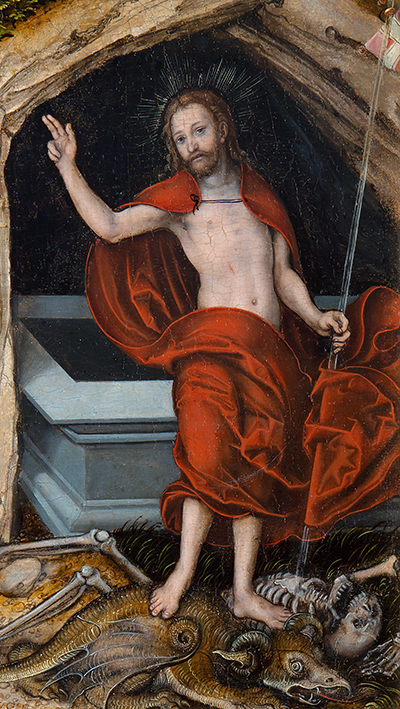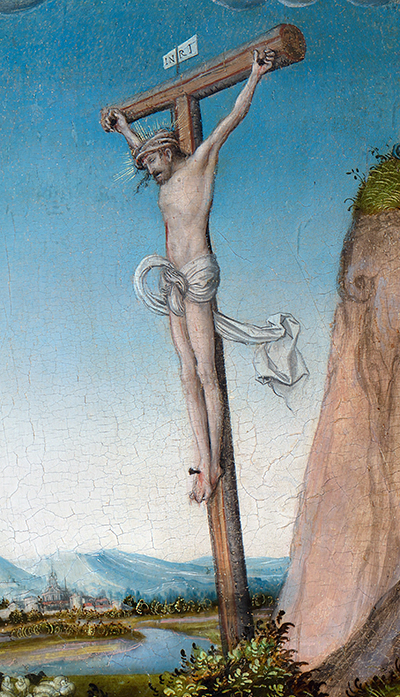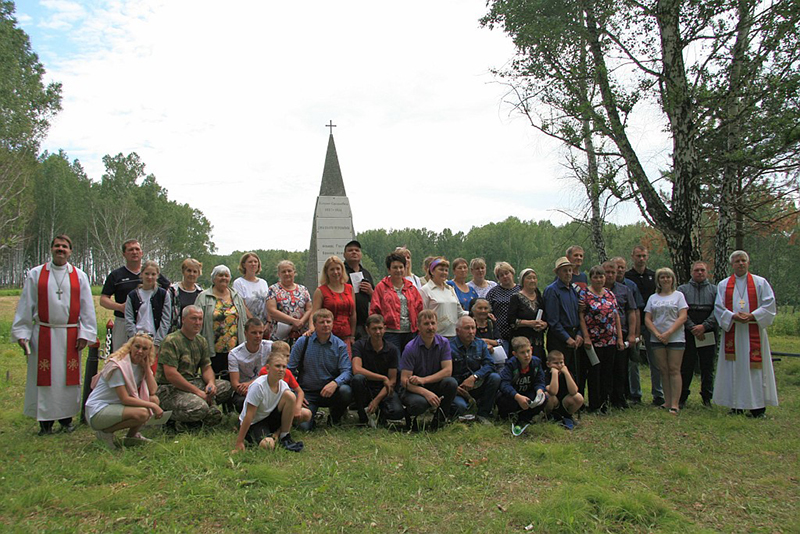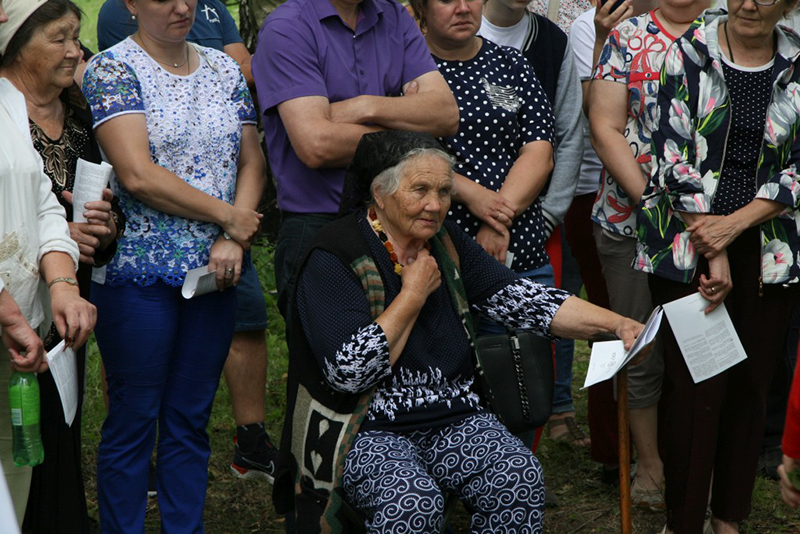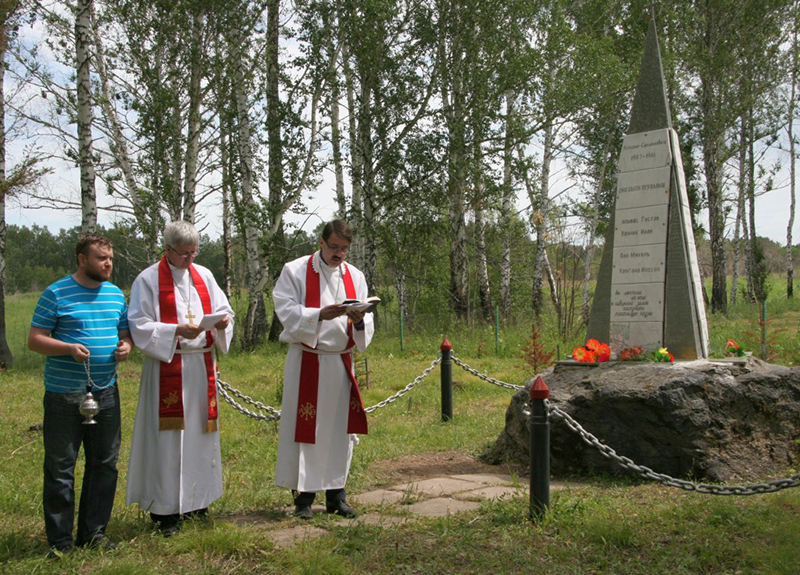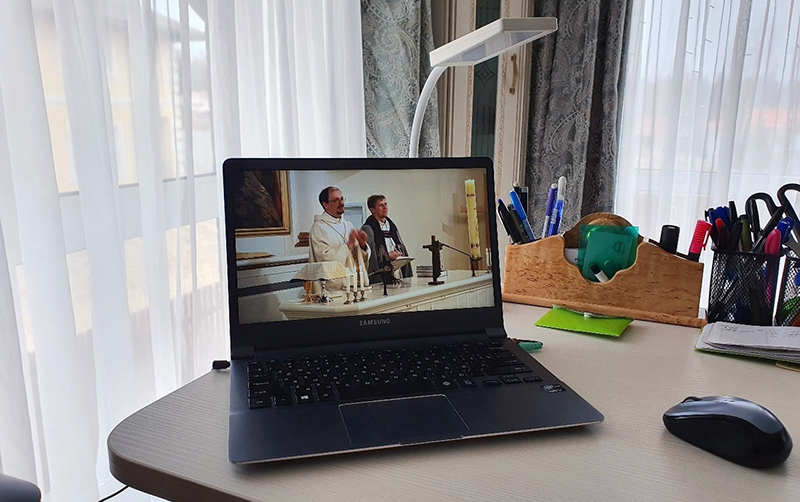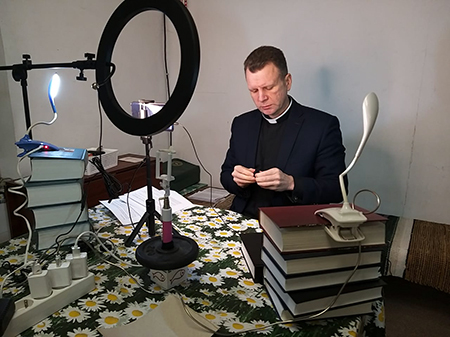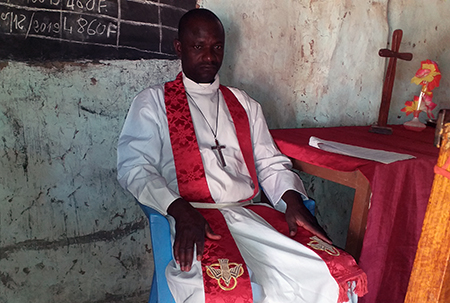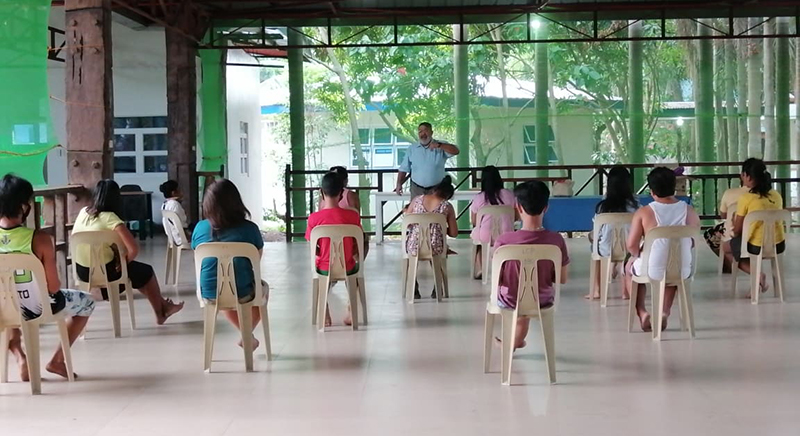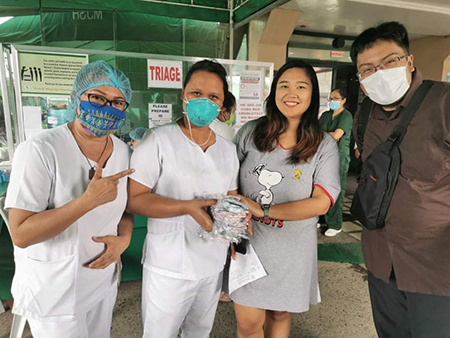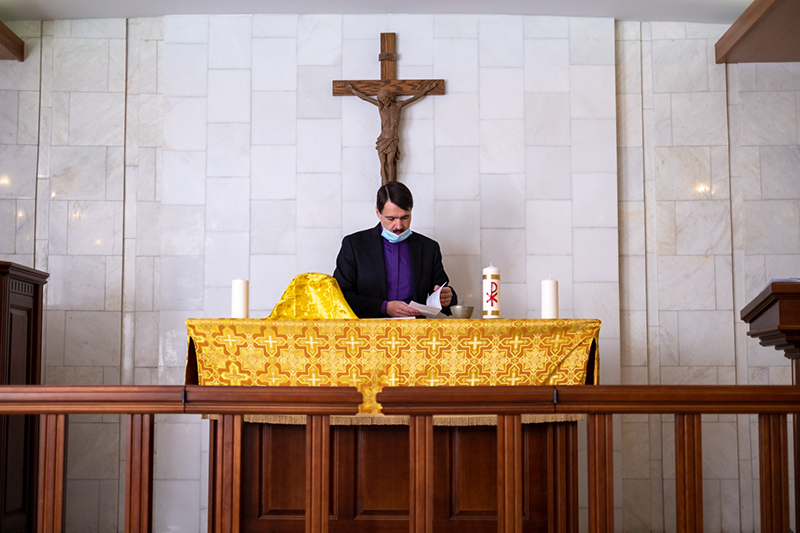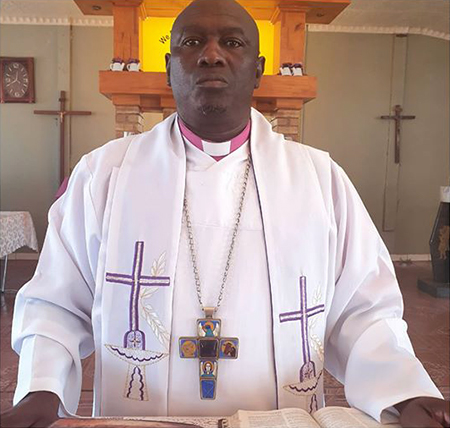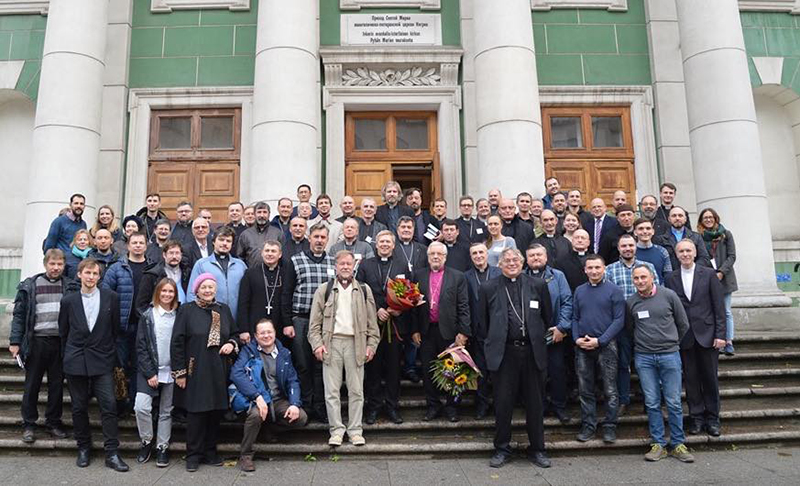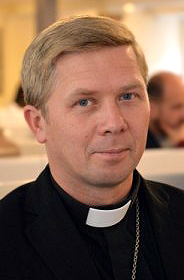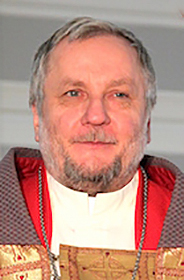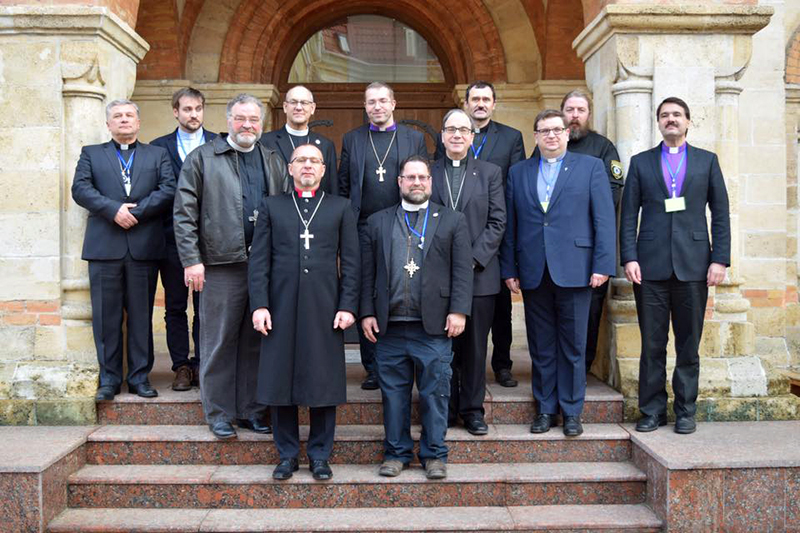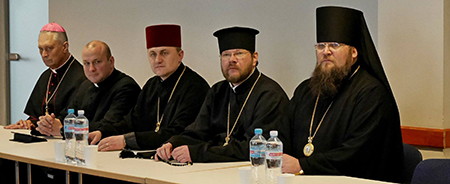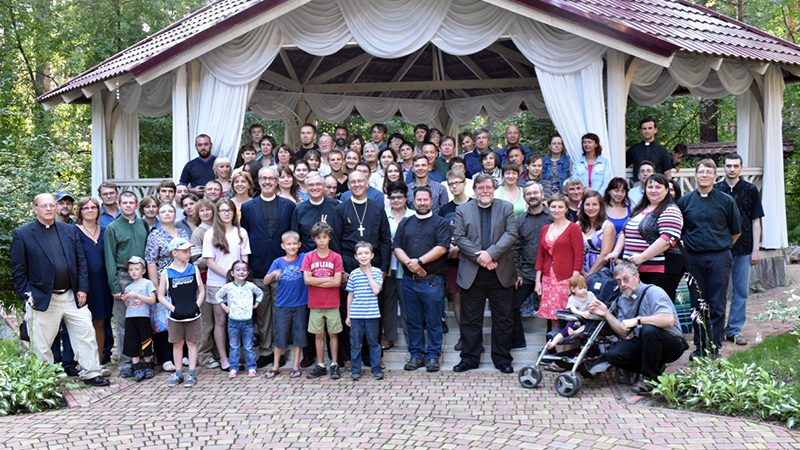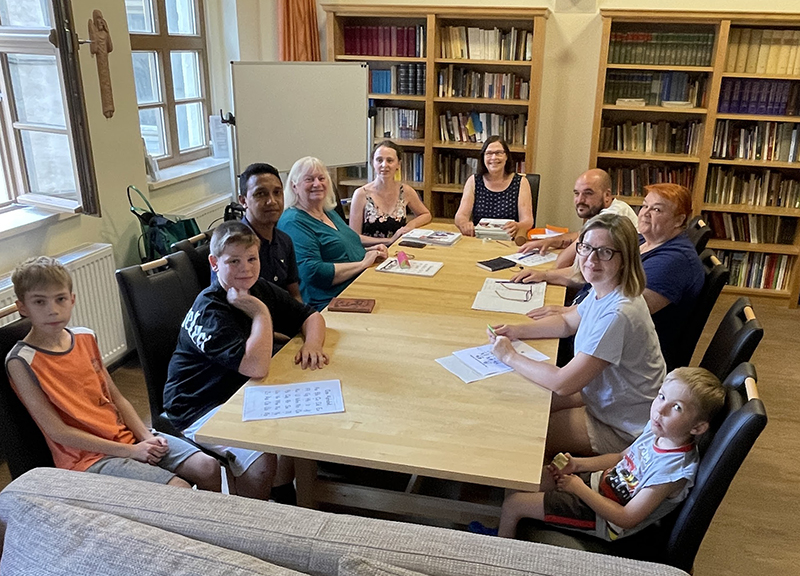
GERMANY – Refugees from war-torn Ukraine have received shelter and other forms of help in several congregations of Germany’s Independent Evangelical Lutheran Church (Selbständige Evangelisch-Lutherische Kirche – SELK).
Twenty Ukrainians have taken up residence in Wittenberg’s “Old Latin School” (OLS) after arriving from Kiev, Ternopil, and Lutsk. Angelika Weber is instructing the families in everyday German language skills. She is assisted by her husband, Rev. Dr. Wilhelm Weber, the OLS Managing Director.
The first couple who arrived from Kiev and were housed at OLS have already moved into their own apartment in Wittenberg and have found jobs as teachers. Natalya Zubrytska formerly ran a language school in Kiev with ten employees. “Her English is good and her German skills are progressing well,” notes Dr. Wilhelm Weber. He is currently seeking additional housing in the Wittenberg area, since the OLS is also needed for seminars of the Luther Academy of Riga, as well as for various groups of international visitors.
The Lutheran Church Mission (LKM), affiliated with the SELK, is considering employing a Ukrainian Lutheran pastor, Rev. Andriy Honcharuk, to provide spiritual care for Ukrainian refugees throughout Germany. Rev. Honcharuk and his family currently live in Wittenberg. Consultations on this possibility took place on July 25, 2022, at the SELK’s headquarters in Hanover and involved Rev. Honcharuk; LKM Mission Director, Rev. Roger Zieger; and Rev. Dr. Hans-Jörg Voigt, Bishop of the SELK.
Ukrainian families are also being accommodated at the SELK’s seminary in Oberursel. Already last March, a family arrived from the Kiev suburb of Butcha—an area which received extensive news coverage due to massacres there by Russian military forces. They were later joined by another Kiev family, bringing to five the total of Ukrainians living at the seminary campus in Oberursel.
The seminary is also furnishing a large lecture hall to provide German-language lessons for Ukrainians. The offer has generated a strong response, not only from refugees living at the seminary but also from numerous Ukrainians living in the wider Oberursel area.
Seminary professor Gilberto da Silva offers various forms of support to the refugees with the assistance of his wife. “We have received generous support from The Lutheran Church—Missouri Synod (LCMS), the Lutheran Church Mission (LKM), and the social ministry department (Diakonie) of the SELK to help with rent and utility costs of the apartments and lecture hall,” he notes. “For all this we are very grateful.”
Relief Efforts in Ukraine
Relief efforts also continue in Ukraine. On July 23, 2022, SELK Bishop Voigt held a phone call with Rev. Oleg Schewtschenko, a pastor of the Synod of Evangelical Lutheran Churches in Ukraine (SELCU) serving in Odessa. Rev. Schewtschenko brought his wife and children to safety in Germany but chose to return to Ukraine—despite holding a German passport—in order to continue serving his parishioners.
During the call, Rev. Schewtschenko thanked Bishop Voigt for the German church’s strong support, which has allowed SELCU to purchase food and other necessities for people in Ukraine. “The help of our sisters and brothers in Canada and Germany not only helps us to survive in this war, but also strengthens our faith,” he said. The SELK’s social ministry department (Diakonie) is working alongside Lutheran Church—Canada (LCC) to assist people in the Odessa area. LCC has worked with the Synod of Evangelical Lutheran Churches in Ukraine since the 1990s. Since the outbreak of war, LCC’s members have raised nearly $600,000 in emergency aid to assist SELCU.
Bishop Voigt noted the deep impression Rev. Schewtschenko made upon him during the phone call. “Here is a pastor continuing his ministry in a war zone, though he could leave without difficulty on a German passport,” he said. “But both he and his family have chosen to be separated for a long period of time. I have great respect for this. May God strengthen and protect him, his family, and all the sisters and brothers still in Ukraine.”
The Independent Evangelical Lutheran Church (SELK) of Germany, along with LCC and the LCMS, are member churches of the International Lutheran Council (ILC), a global association of confessional Lutheran church bodies.
———————

